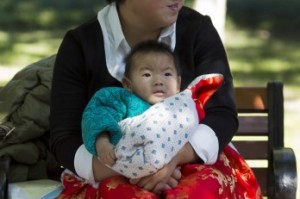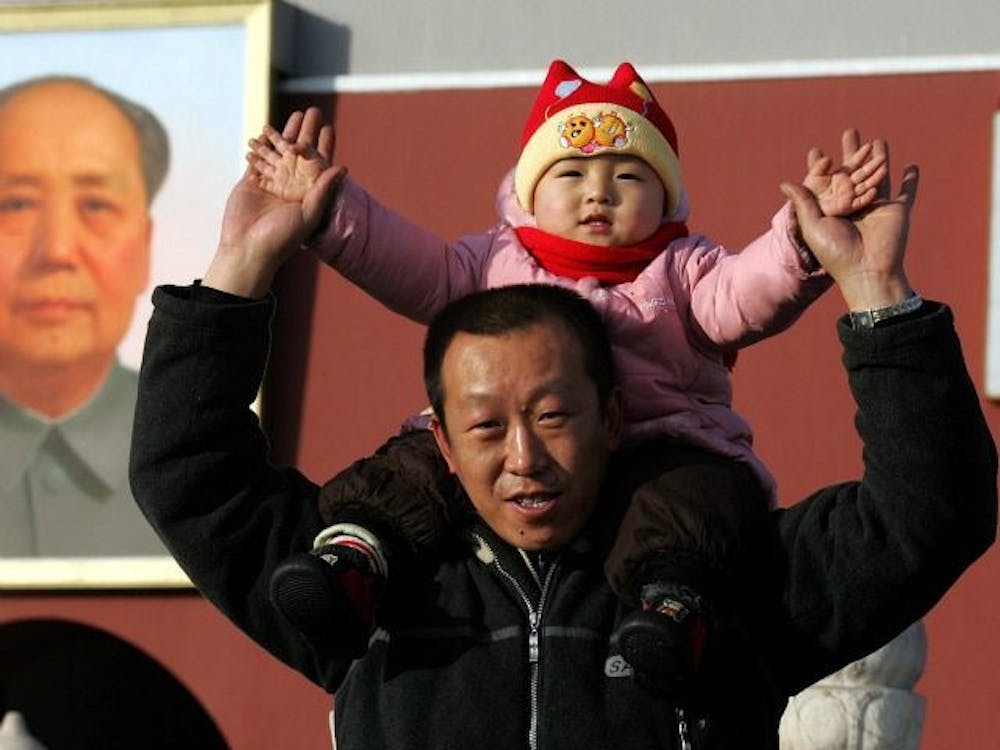By Catherine Herbert
Correspondent
The Chinese Communist Party announced on Thursday, Oct. 26, that China is forgoing its long-standing one-child policy that prohibited families from having more than one child, and will now allow two children in one family, BBC reported.
Before the new “one couple, two children” policy can be enacted, approval from the National People’s Congress, China’s top legislature, must be granted in March, reported CNN.
This 1979 policy has been strictly enforced by Chinese Communist Party officials for more than three decades.

The policy is a way to control China’s rapidly increasing population rate. In 1979, China’s population was one billion, and after 35 years of this policy, the rule is said to have prevented about 400 million births, National Geographic reported.
This controversial rule “resulted in millions of forced sterilizations, abortions, infanticide, and marital misery,” according to National Geographic.
To enforce this rule, the government made contraceptives more widely available and used employment incentives to those who complied with the rule.
Conversely, the government fined those who did not comply. More extreme consequences for violating the one-child policy were forced abortions and sterilizations, according to CNN.
The policy also resulted in a preference for male children which “led to large numbers of girls being abandoned, placed in orphanages, sex-selective abortions or even cases of female infanticide. China’s gender balance is skewed towards males as a result of this,” according to BBC News.
One of the most detrimental results of having the one-child policy enforced for a long period of time is how much it has changed the demographics of China.
“Currently, about 30 percent of China’s population is over the age of 50. The total population of the country is around 1.36 billion,” BBC reported.
The repercussions of this dramatic change in demographics are already unfurling.
With the most rapidly increasing portion of the population being the elderly, finding enough people and adequate funding to support them are proving to be extremely difficult.
A driving force behind introducing the one-child policy was the concern with the how the growing population would affect the future of China’s economic growth.
Now, paradoxically, as a result of the one-child policy, the Chinese workforce is dwindling because of the amount of people in younger generations struggling to not only keep their growing economy going, but also to keep up with trying to support the aging population of “nearly 400 million over age 60,” according to CNN.
The allowance of two children per couple in China could spark a new baby boom, but for many Chinese citizens it seems as though the elimination of the one-child policy would not affect them much.
Many parents of one child are not really interested in trying for a second child, because it is simply too expensive, according to CNN.
The one child household has become a norm and model for many families and it is not likely that this will drastically change.







